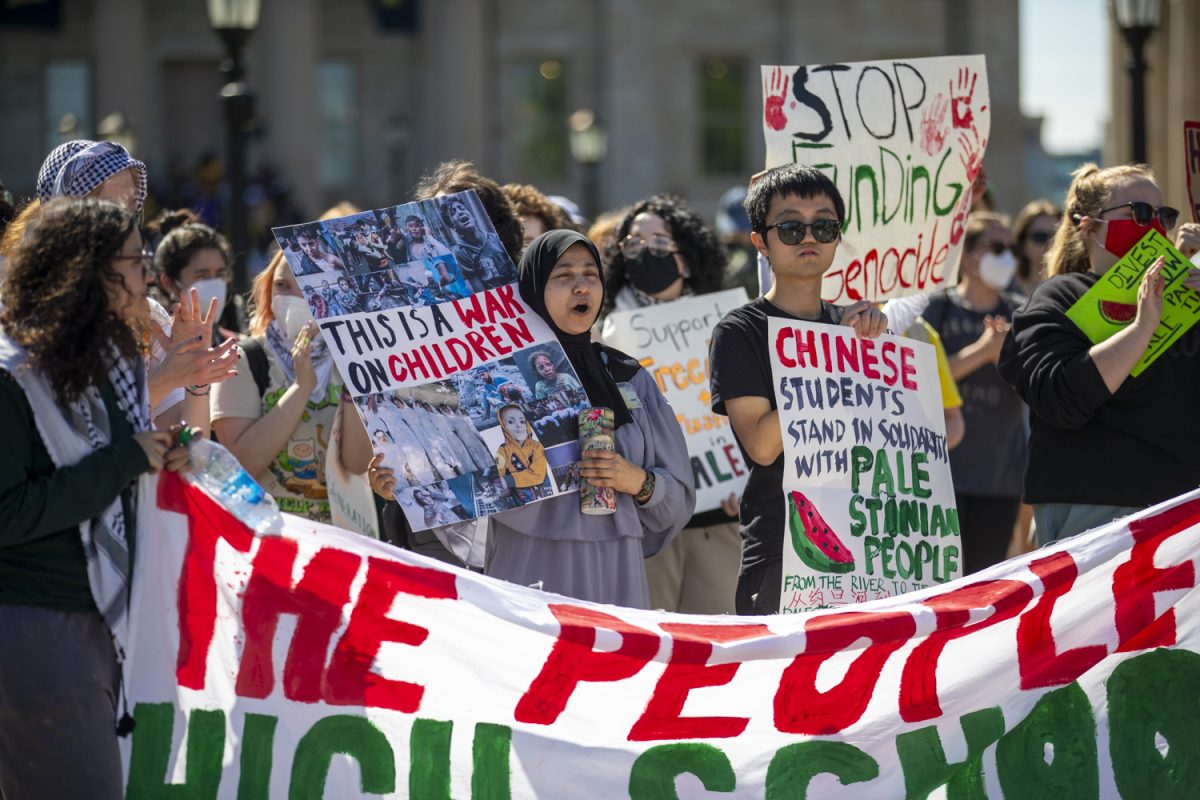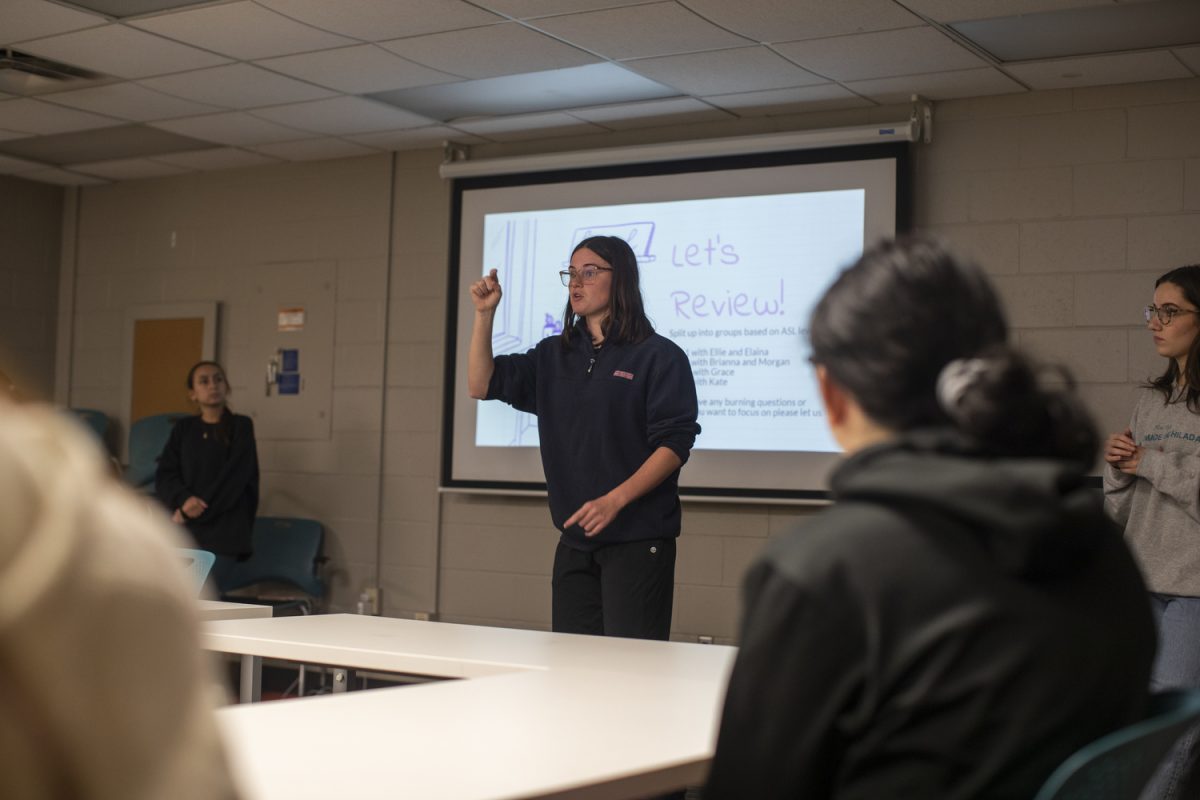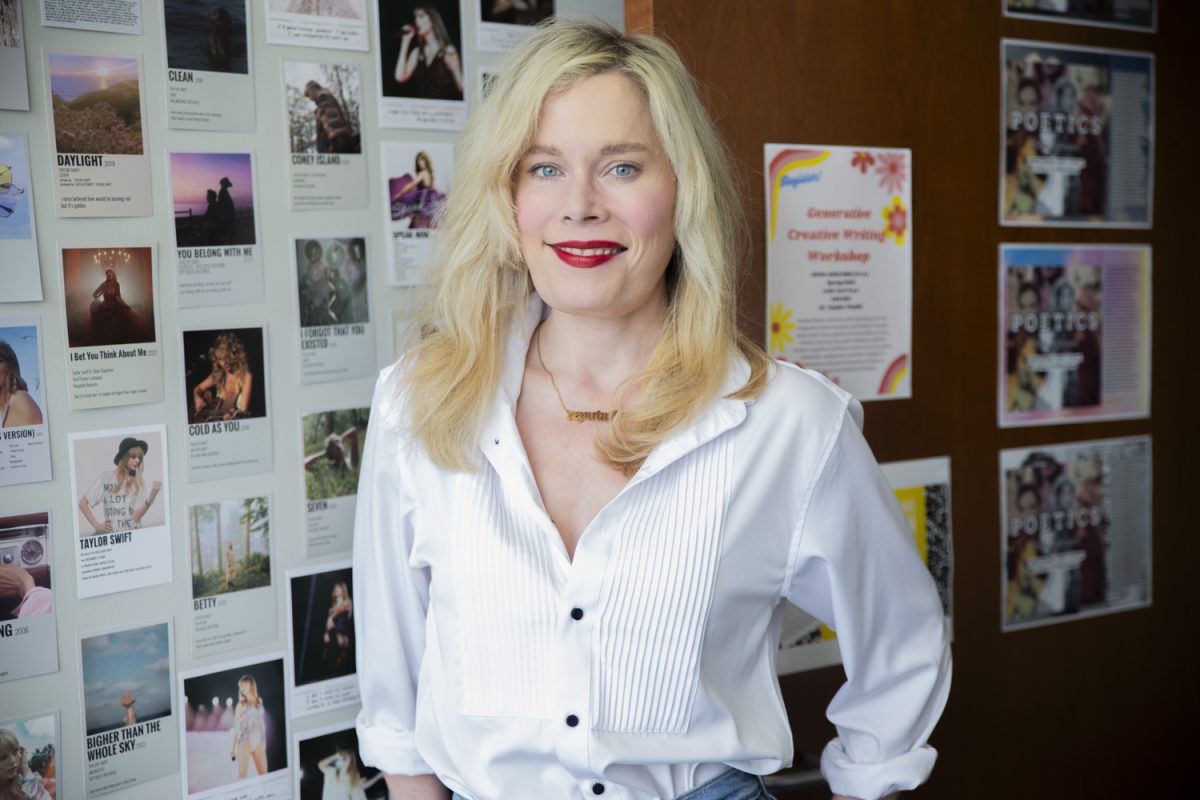In light of the recent wave of protests nationwide, concerning racism and police brutality, the University of Iowa’s College of Education hosted a panel Wednesday to offer educators tools to discuss these complicated and emotional issues with students.
“It’s important for us as a College of [Education] to respond to a need in our community, and so we’re putting on this event because we know that teachers really struggle when it comes to discussions about race [and] racism,” said Will Coghill-Behrends, director of the Teacher Leader Center.
The workshop at the Lindquist Center, titled “Teaching Ferguson: Race, Riots, and Critical Reflections for Classroom Teachers,” was held Wednesday evening.
“Basically we sort of tried to find a representative swath of folks who can speak to various aspects of the issue,” Coghill-Behrends said.
Coghill-Behrends said the education school has had workshops similar to this one in the past, dealing with working and communicating with diverse student populations.
“These events unfortunately remind us that we’re not doing enough and they remind us that we’re not having these conversations enough,” he said.
UI Diversity Resources Officer Kendra Malone, the first to speak on the panel, defined the concepts that would be covered in the workshop, including personal awareness, oppression, racism, as well as how to talk about them in the classroom.
“The subject matters that we’re talking about are matters of the heart,” Malone said, “When we’re talking about our communities, when we’re talking about the people that we love and that we care about, those things impact our heart and our emotional well-being.”
She noted that people’s identities were composed of a plethora of different ideas, backgrounds, and histories, and that for the audience to keep that in mind in the workshop, and more importantly, in the classroom.
“As we move through our time together today and hear from these panelists, be thinking about the different identities that you carry, and those that may have histories of oppression and those that may have histories of privilege,” she said.
UI graduate student Jeannette Gabriel, who has trained secondary history teachers about racial tensions in American history, said there are great challenges when dealing with the history of race and racism in American.
“Many classrooms that I’ve gone into and teachers that I’ve worked with, the students talk about slavery,” Gabriel said. “And then there seems to be this big gap between slavery and the present.”
She said that while slavery is an undeniable part of American history, many things have happened to the African-American community since and continue to happen, and that those things must be talked about and taught, if students are to be properly educated.
“We are living in two dramatically different countries, and most white Americans don’t even know about it, or recognize it,” Gabriel said.
Coghill-Behrends said that starting next semester, the Teacher Leader Center will host seminars and workshops.
“We will make mistakes, but that’s OK, because that’s where we learn, and we will feel pain, but from that pain we can become empowered in ways that will revolutionize the way we do this work,” Malone said.






